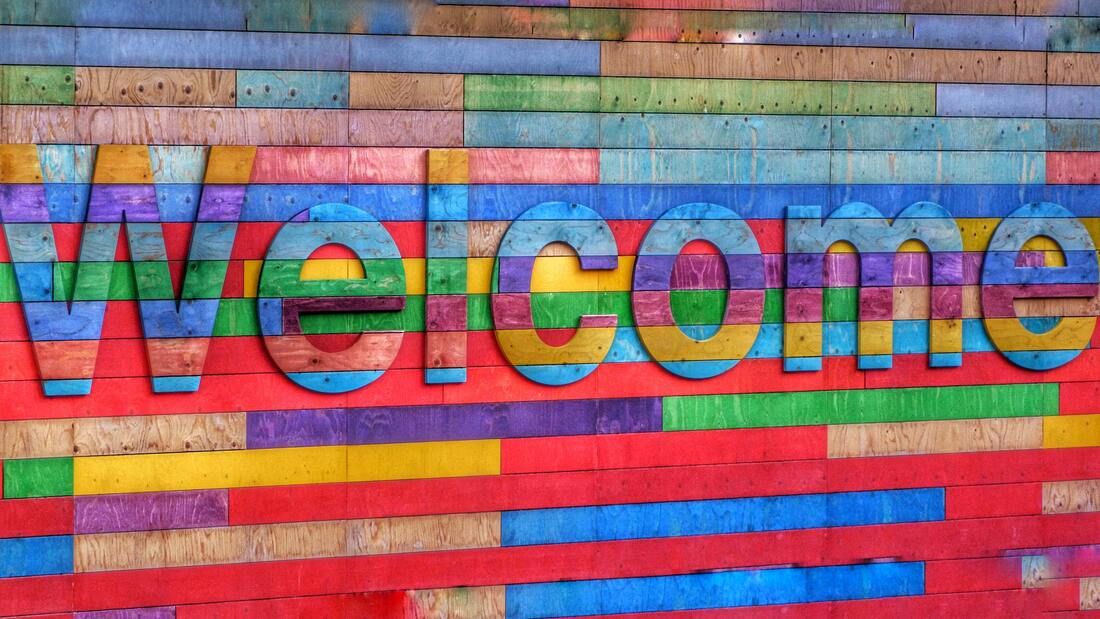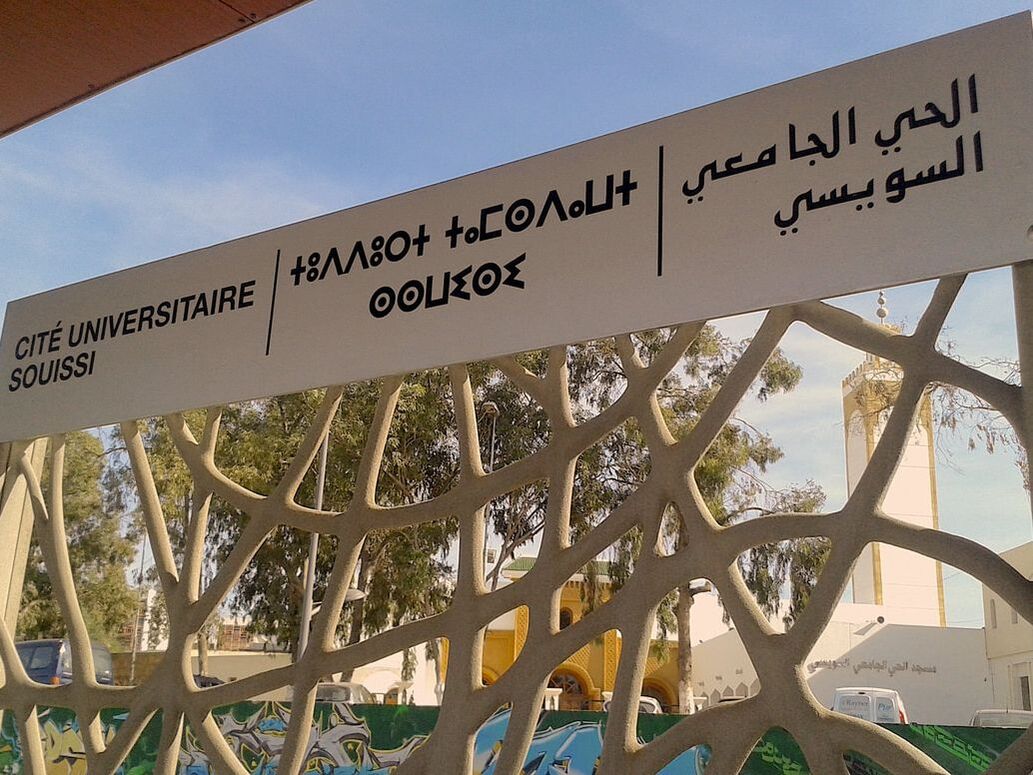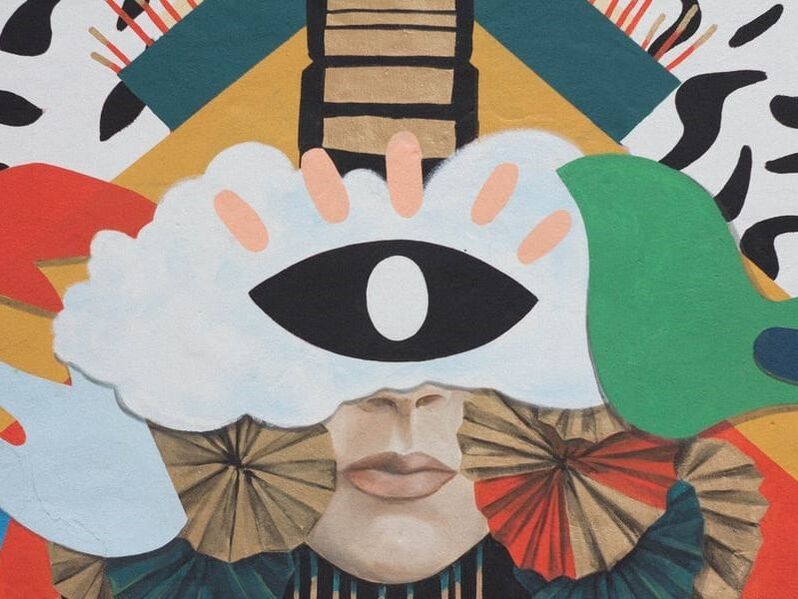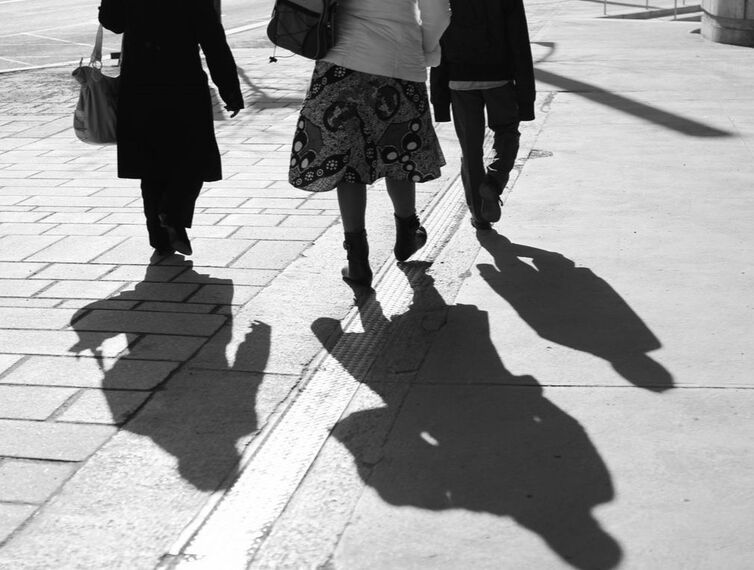|
|
|
Recent UK Home Secretaries have condemned the toppling of a slave trader statue in Bristol, dismissed footballers taking the knee as ‘gesture politics’ and called on police forces to spend less time on diversity and inclusion initiatives. Yet between 2010, when the Conservatives came into power, and 2020, the overall policy framework remained broadly favourable to multiculturalism: accommodations are still made for ethno-religious dress, the BBC has retained its mandate to reflect diversity, and funding is available for ethnic organisations.
With respect to immigration, there has been a closer connection between harsh rhetoric and restrictive measures, exemplified by the multiplication of immigration checks, the end of free movement with the EU, the housing of asylum seekers in inadequate and overcrowded military barracks and the on-going attempt to deport some to Rwanda. At the policy level, therefore, efforts to include racialized citizens seem to have become disconnected from the opening of the country to foreign nationals. Shift the focus from the Government to minority ethnic and anti-racist organisations, however, and the picture starts to look quite different. In September last year the Muslim Council of Britain echoed a report from the Institute of Race Relations denouncing how British Muslims were disproportionately affected by the citizenship deprivation powers reinforced through the Nationality & Borders Act 2022. The Runnymede Trust, a leading race equality think tank, has published a number of blog posts denouncing deportations and asylum-seekers’ woeful living conditions, partly due to the denial of their right to work and access public funds. Similar claims have been raised by Voice4Change, an advocate for the Black and minority ethnic voluntary sector.
Since the early 2000s Rabat has been subject to a spate of interventions that have sought to steer Morocco’s capital on a path towards global city-dom. The myriad changes read like a checklist of urban renewal: restoration work in the historic centre, slum clearance in the periphery, riverside developments, starchitect projects and the building of new cultural and transport infrastructure. Such changes resonate with the ways in which many cities across the Arab world have recently been repositioned to intercept global flows of capital. Over the same period, a series of minor but no less conspicuous visual adjustments to the city have also occurred, from the appearance of Tifinagh – the Amazigh (Berber) script – on public buildings to an increase in references to Africa on outdoor signage.
The classic hallmarks of neoliberal urbanism and the seemingly inconsequential tinkering with linguistic and semiotic landscapes are rarely considered in tandem. In Rabat, however, both find themselves entangled in the carefully choreographed project of political and economic liberalisation that has taken place in Morocco over the last twenty years. In particular, they point to the different strategies through which state actors and elites have mobilised ideas about cultural diversity; not just as a means to rebrand Rabat as an open and tolerant metropolis aligned with the demands of international tourists and investors, but also as a basis upon which to redefine Rabat as the national political capital and a conduit of Moroccan soft power.
Superdiversity and integration are prominent yet contested terms to capture increasing population heterogeneity due to migration and participation by, and inclusion of, migrants in the arrival context. These terms have been criticised for ignoring the implication of established residents in processes of integration and their contestation of migration-based diversity. Yet, to date, limited research has shown how established residents differ in responding to superdiversity and how they conceive of integration.
My Identities article, ‘Towards a differentiated notion of the mainstream: superdiversity and residents’ conceptions of immigrant integration’, sets out to explore variations in established residents’ responses to diversity and the extent to which they consider themselves as playing a role in integrating newcomers. It draws on fieldwork that captured the reactions to the installation of a large asylum seeker reception centre on the outskirts of a large German city. Interviewing residents of the neighbourhood and participating in meetings of the 'local partnership', the article counters the common assumption in the literature that migration-related diversity is either contested or seen as a banal aspect of everyday urban life.
Ken Carter, whose character inspired the realisation of the inspirational 2005 basketball movie, Coach Carter, decided to end the 1999 undefeated streak of Richmond High School basketball team because of his players' poor academic performance. His decision to lock the school gym and cancel the upcoming basketball matches, despite opposition amongst the Richmond community, garnered enormous US media attention framing it as an elevation of education over sports. While extensively elaborating and rationalising the gym shut-down in front of his students, Coach Carter posed a rhetorical question that resonates amongst recent events of police brutality and racial injustice in the US: where do these students end up after graduating high school? The answer for those who do not make it to college or into a professional sports career is, for many, probably prison.
Even though the US imprisonment rates have recently experienced its most significant decline in the last two decades, the Bureau of Justice Statistics (2018) data indicate that the US prison population's racial and ethnic makeup remains highly disproportionate to the actual demographics in the country. According to the US Justice Department, black Americans represent 33% of the sentenced prison population – a number nearly triple the 12% share of their US adult population. Even though the racial margin of incarceration has been in decline, black Americans constitute two times the rate of imprisoned Hispanics and slightly above five times the rate of imprisoned whites in the United States.
Difference is something that exists in the bodies and culture of ‘others’
Sara Ahmed, 2007 In the wake of the recent intensification of activism and debate on why and how Black Lives Matter it is important to keep interrogating the multifaceted ways in which racism is pervasive within institutional practices – often in not immediately visible ways. In the UK, the current hostile environment (Grierson 2018) is designed to create forms of social disadvantage for migrants, especially those in situations of vulnerability, feeding into an ever expanding and invisibly coercive system of oppression. Our London-based research explored the kind of support that asylum seeking and migrant women receive by charities, especially around mental health. Compared to statutory services, charities are able to better understand and address the complex intersection of social, political, economic and emotional factors at stake in mental health, as opposed to psychiatric diagnoses which often tend to decontextualise people’s experiences of distress. Third Sector Organisations (TSOs) are well suited to respond to complex needs of asylum seeking and refugee women because the support they provide relies on empathetic understanding for different aspects of these women’s lives – ranging from acknowledging culturally embedded notions and experiences of mental health to being responsive to the structural position they are placed in by the state and society. Both material and emotional support are particularly important for newly arrived migrants, who have weaker social ties in the host country, are often less able to navigate support systems due to language barriers and because they are unfamiliar with or denied access to statutory services.
‘I hear people compare the immigration debate with the climate debate, and it does not fit quite well, because climate researchers are not faced with the same threats and the same hate as migration researchers, where the hate is very existential and often very personal’. This experienced migration researcher compares what researchers may experience in two fields of polarised social debate.
Climate change and migration are among the most polarised fields of public opinion and political mobilising; however, both fields depend on scientific knowledge for argument. Political adversaries refer to opposite research results as the 'truth' of the matter, and describe the same research results as either politically skewed or totally objective. Interviews with different generations of migration researchers in Norway about their research communication show that they often are interpreted as 'being political' when disseminating their results to the media or taking part in public debates:
In times of rising nationalism, expressed through growing support for anti-migration and anti-globalisation political parties, the nation seems under question in its unifying thrust.
Historically, the nation has emerged in association with a given ‘people’, defined in terms of common myths, language and ethnicity (Smith 1986), who claims sole entitlement to a given territory (Gellner 1983). With the ongoing demographic transformation, spurred in great part by international migration, the question is whether and how the nation might change because its ‘people’ is changing. In normative terms, civic, liberal and multicultural nationalism have tackled this issue, offering various ways of reconciling nation and diversity. Yet, the recent upsurge in the Western world of what can be called ‘white nationalism’, i.e. the (re)claiming of the nation as the privileged property of the white dominant group, openly challenges these normative projects. |
|
Explore Identities at tandfonline.com/GIDE |
|
The views and opinions expressed on The Identities Blog are solely those of the original blog post authors, and not of the journal, Taylor & Francis Group or the University of Glasgow.







